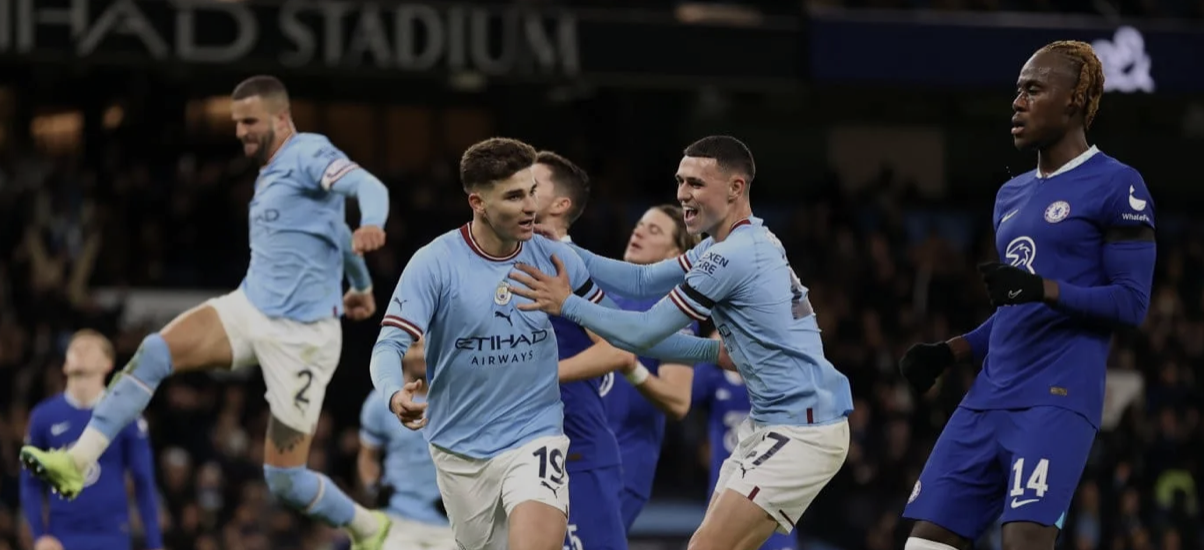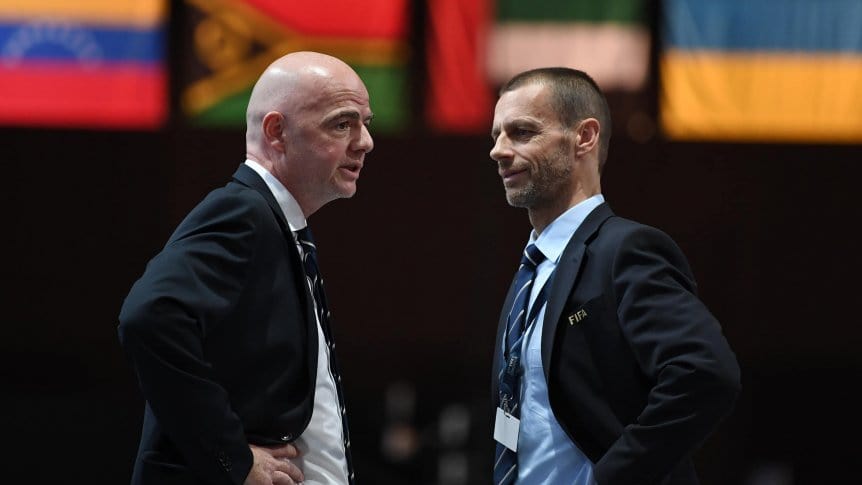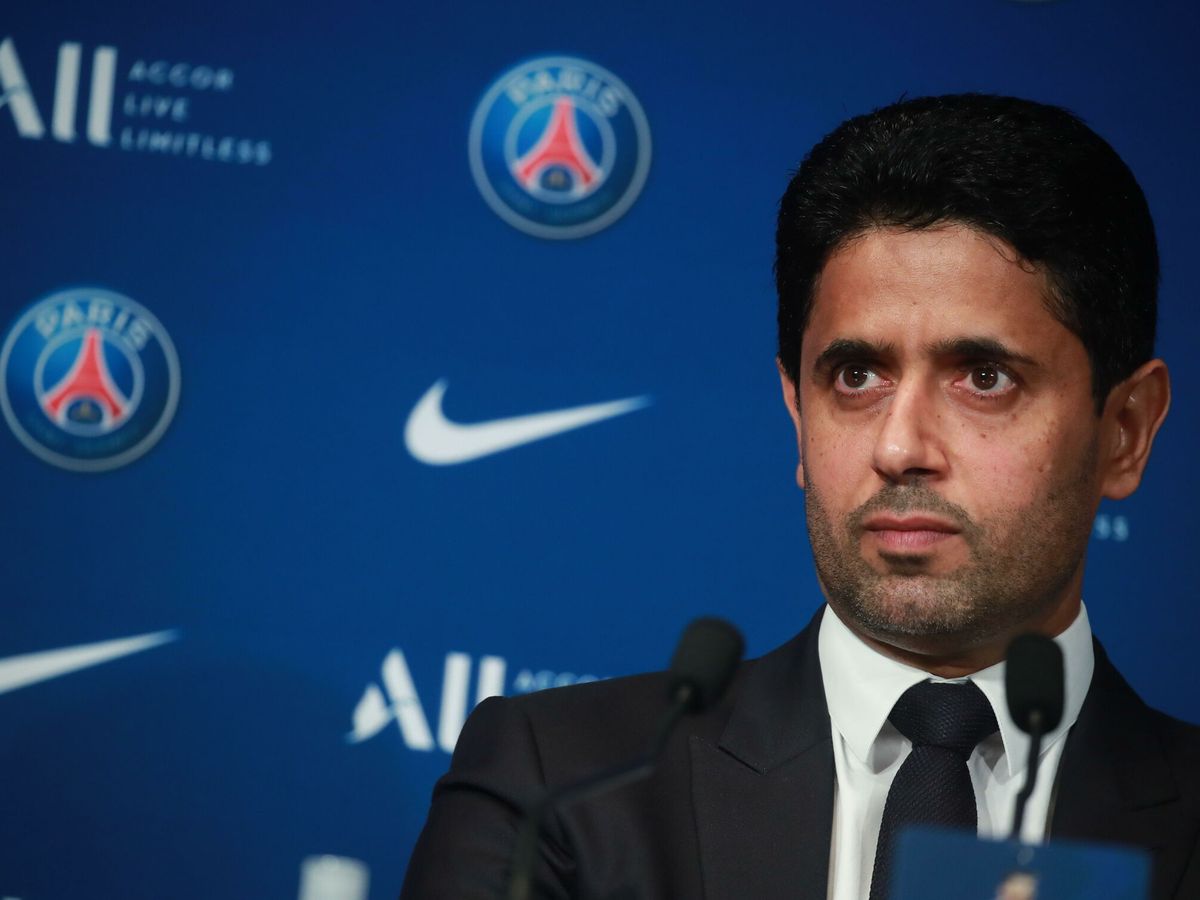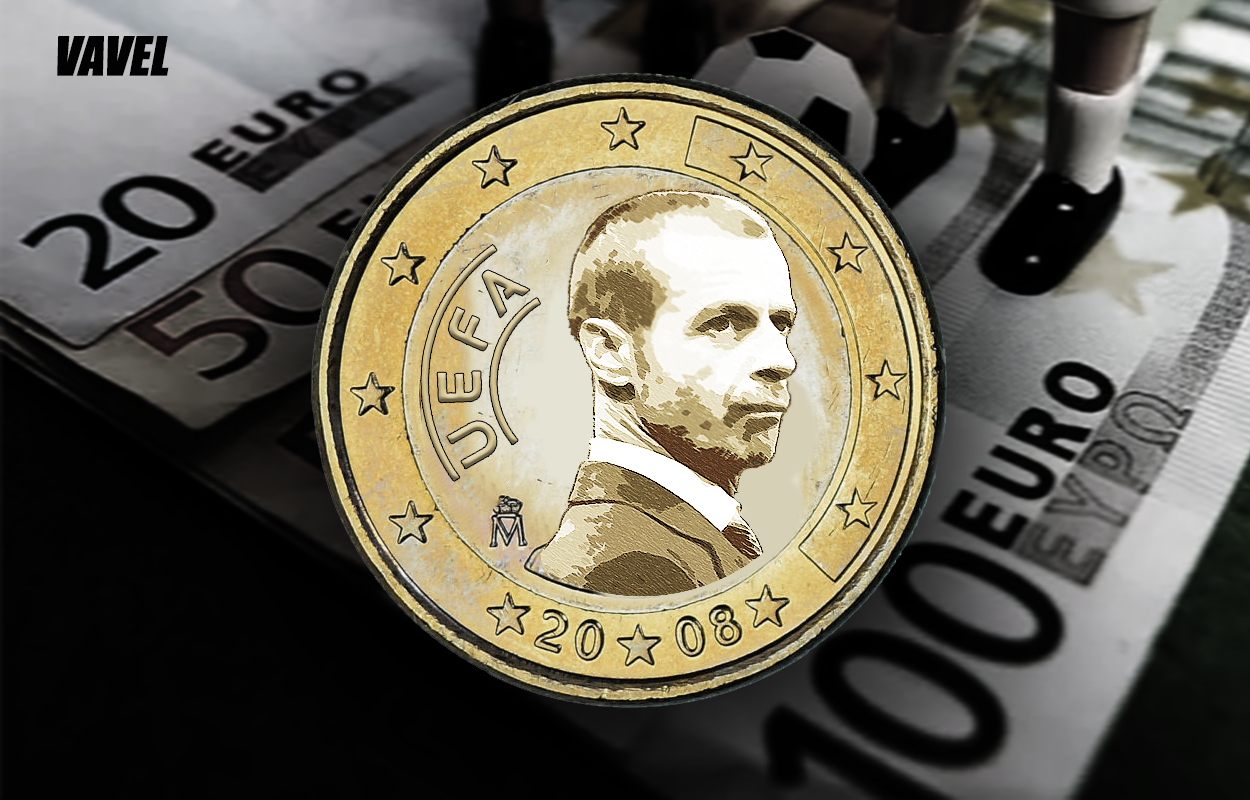Financial control has been a headache for the biggest clubs on the European scene in recent times, especially for English teams. This season both Everton and Nottingham Forest have been sanctioned so far, but there could be more in the near future. As far as the punishments imposed by the Premier League on the aforementioned teams are concerned, they have had an impact on points, six and four respectively, which has particularly tightened the relegation zone.
The next institutions to be in the spotlight will be Chelsea and Manchester City, two clubs that many fans have been calling for control measures, due to the large transfer spending in the different transfer markets by both of them. Despite this, several experts in the field point out that it will be difficult to sanction them, especially the Mancunian team, as explained to El Mundo by Anjara Argibay, professor of Sports Law at the European University, "It will be difficult to mess with City, but it is the next step".
As we have previously highlighted, the bodies that regulate the financial sphere of the English championship during this campaign have decided to take a firm hand with those who participate in its competition. However, there are precedents from previous years. The first of these was against Middlesbrough, who were deducted three points for not playing a match against Blackburn in the 1996/97 season and were punished with relegation to the second division. And the second case was against Portsmouth, because they went into receivership. Their punishment was nine points less and just like 'Boro' they were relegated.
It is true that this is not the only occasion in which Manchester City and Chelsea have been under the spotlight regarding this issue. FIFA and UEFA took action against both. As for the 'citizens', they were fined 340,000 euros for violating the rules on signing minors. In turn,the 'blues' received a punishment by the Union of European Football Federations of 9.8 million euros for irregularities committed between 2012 and 2019. In addition to this, in recent transfer markets they have spent a total of 1 billion euros, which leads to their managements to be in constant questioning.

How does Financial Fair Play work?
Leaving aside the clubs that have been sanctioned and are in the spotlight this season, it is worth highlighting the functioning of the regulations to be addressed. The main objective and rules of the Financial Fair Play are to control the income and expenses so that these are adjusted to a real value and cannot inflate them. Therefore, any entry above the market price/value is established as a contribution of new capital for the excess of market value, so that clubs such as Paris-Saint Germain, Manchester City or Newcastle United are not harmed, as they have large nations, economically speaking, behind them.
In addition, in recent times the regulations have been modified in many respects. Firstly, in the previous regulation, a club could not have a difference of more than 100 million euros between transfer expenses and income. A factor that was also modified over time, since at the beginning it could only be 30 million. In addition, both salaries and debts are now under scrutiny, and clubs cannot spend more than 70% of their financial income on players' salaries after the third year .
Finally, all teams have a date marked on the calendar, December 31. This is because the clubs' net assets must be positive compared to the date previously set for the previous year and must have improved by 10% compared to the previous year.

The most serious sanctions in Europe
Although the issue of Financial Fair Play is particularly resonant in England, it has not only affected British clubs since former UEFA president Michel Platini imposed the regulations in 2009. The French president, who was forced to resign over corruption allegations linking him to former FIFA president Joseph Blatter, approved the regulations in the hope that the big clubs would not overspend: "I only want clubs to spend the money they have, not the money they don't have."
The worst-hit club in recent years was Paris-Saint-Germain in 2022, when UEFA imposed a €65 million fine on the French side. It became the largest fine imposed since the Financial Fair Play was adopted. A punishment that caught many followers of European soccer by surprise, since the president of the Parisian team , Nasser Al-Khelaifi, is the representative of the European Club Association (ECA) on the UEFA Executive Committee.

Another club that was highly disadvantaged in this respect was Inter Milan. The former head of the 'Nerazzurri' Massimo Moratti spent approximately 1.2 billion euros during his tenure. As a result, UEFA's FFP regulations came into force, but the Italian team was sanctioned when changes were made in the offices. The current president of the team that plays its matches at the Giuseppe Meazza, Steven Zhang was forced to pay the penalty of 26 million euros imposed by the Union of European Football Associations in 2022.
In the coming weeks we will have to see what happens with Manchester City and Chelsea, but what is clear is that the leaders of the big soccer clubs are behind any irregularity in transfers or in the budgets of the clubs. In addition, we will have to get used to hearing terms such as "Football Earnings Rule" or "Squad Cost Ratio", which try to find a balance in the results of the clubs that receive capital contributions .









































